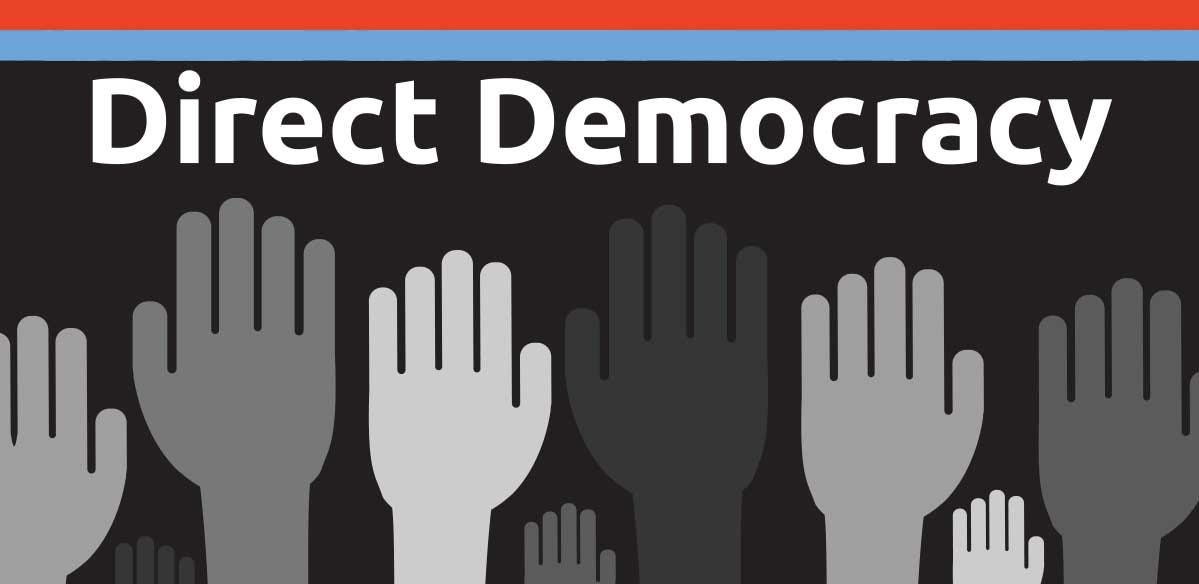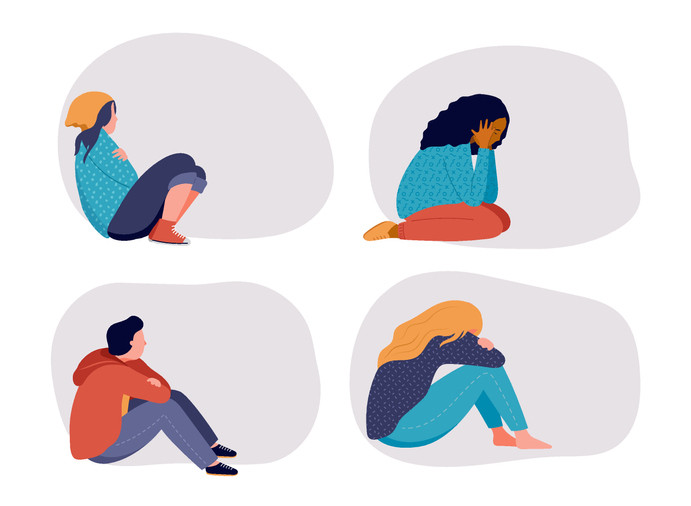Eva Guo (9) | STAFF REPORTER
While people often praise direct democracy for empowering citizens, it is not a system that can be implemented just anywhere. Direct democracy when applied to the country of Canada paints a more nuanced picture. There are a plethora of flaws in direct democracy and complexities in Canadian society that makes this system less effective.
What is direct democracy? It is a system where people determine their laws, which seems ideal, but it’s not without flaws. While it can work effectively in small areas, in larger regions, coordinating decisions becomes much more difficult. With diverse opinions and perspectives, achieving consensus on issues is incredibly complicated.
Canada is a nation that prides itself on its diversity. With diverse wants, needs, and values, reaching consensus becomes increasingly difficult. These challenges highlight how direct democracy may struggle to meet the needs of the citizens.
Not every citizen can be trusted to make decisions. While direct democracy emphasizes equal participation, not all citizens have the necessary knowledge or judgment to make complex decisions. Some may be influenced by emotions or misinformation, leading to decisions that may not benefit society as a whole. Additionally, biases and prejudices held by certain groups can influence decision-making, potentially resulting in unfair outcomes.
While direct democracy offers citizen empowerment, its application in Canada reveals significant hurdles. The country’s diversity and the limitations of direct democracy present challenges to effective governance.
This article was written in April 2024.



